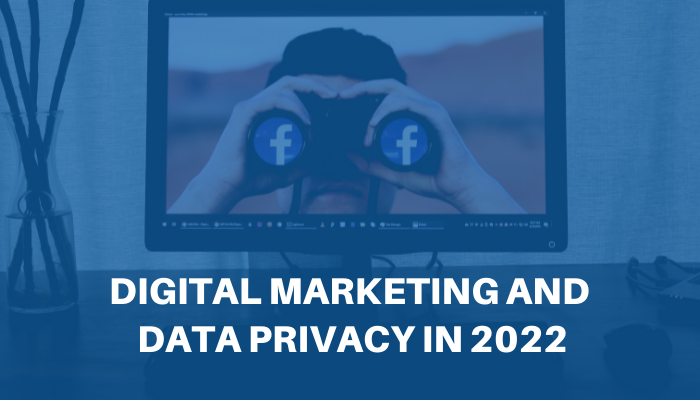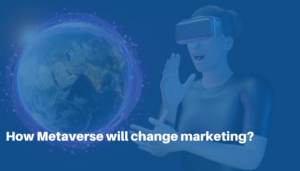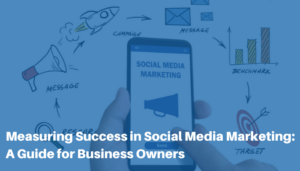As a business owner, you know that in order to stay competitive, you need to keep up with the latest digital marketing and technological trends. With technology becoming more and more integrated into our lives, the digital age has brought about new concerns for privacy.
But with all the recent changes to data privacy laws, it can be tough to know what’s allowed and what’s not.
In this blog, we’ll break down some of the new rules so you can continue your marketing efforts without running into any compliance issues.
What is Data Privacy in Digital Marketing ?
It is the right of each individual and consumer to delegate how a third party application uses their information and behaviour online. The information that could be disclosed includes personal information, demographics, behavioural details as well as financial details. All of these pieces of data help marketers to target a specific audience based on the product or service they’re promoting.
Data Privacy Effects On Marketers in 2022
In a world where data-driven marketing has become the norm, privacy changes will take their toll. The current foundation of this practice relies heavily on understanding and characterising an individual user’s online behaviour (user Data).
Advertising platforms such as Google or Facebook may identify interests in order to match them with products before they even start looking for it – often based upon what was stored about that person from previous interactions via other websites they have visited or apps installed on their phone.
The new rules and regulations put a limitation on what & how digital marketers are able to target audiences and information to create a personalised experience.
According to the report by Gartner, 80% of marketers will abandon personalization by 2025 due to lack of ROI. This seems very true when we look at the changes coming to advertising channels (such as Facebook) when it comes to targeting audiences.
With iOS 14.5, users must opt in to share their unique Identifier For Advertisers with apps. If someone doesn’t opt for this, then their information will not be tracked and we won’t be able to target anyone who hasn’t opted for it.
Moreover, with the news that Google is ending its third-party cookies in the chrome browser by 2023, this just proves that it would be extremely difficult to track users and their behaviours considering google is the #1 place where most customers search for products/services (similar to the Safari’s Intelligent Tracking Prevention (ITP) update in 2020, which came into effect after GDPR General Data Protection Regulation) in Europe in 2018.)
How Can Marketers Adapt ?
Marketers like us now need to find a balance between marketing and privacy. There are a number of methodologies which can be adapted by marketers to stay afloat in this new era of data privacy. Here are a few:
- Contextual Targeting: It’s a relatively old concept but it protects user privacy while remaining relevant to the interests of users. In this, the content in the ad will be shown on websites or pages which are related or relevant to the product/service being promoted.
- Database Targeting: If your brand has an audience established already, their emails could come into great use for targeting them as well as their lookalikes. These emails can be used for special updates, newsletters, email marketing campaigns as well targeting similar audiences.
Organic and Original Content: Original content with good SEO can do wonders for a brand. Marketers can interact with the audiences without paid advertisements as well if the content is engaging enough for the audience. It could be a video of your co-workers dancing or a TikTok of bringing your dog to work, this will drive a lot of traffic to your page and hence, to your website.
Future for Marketers
In the wake of high-profile data breaches and mounting concerns about data privacy, companies are under increasing pressure to safeguard customer information.
To maintain compliance with new regulations, as well as consumer trust, organizations must invest in automation and analytics tools that protect customer privacy.
These solutions must be agile, adaptable, and capable of keeping pace with evolving regulations. Only by investing in these tools will companies be able to thrive in the new era of consumer data protection.
If you’re looking for an agency you can trust with your brand, you can contact us for a quick chat over coffee.






